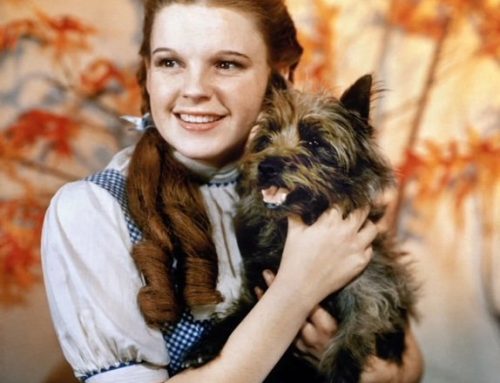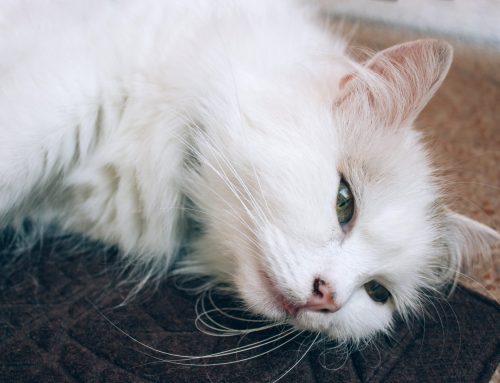A common question for many cat owners is: why is my cat throwing up undigested food? Cats, like all pets, occasionally experience health hiccups. It’s never pleasant to see them uncomfortable, and understanding the reasons behind these episodes can help you provide the best care possible for your feline companion.
1. Eating Too Quickly
One of the most common reasons why your cat might be throwing up undigested food is simply because they’ve eaten too quickly. Cats are natural-born hunters, and this instinct can sometimes result in them gobbling down their food faster than their bodies can process it. When this happens, the undigested food might come back up.
Solution: Try using a slow feeder or puzzle feeder to help slow your cat down when eating. Breaking meals into smaller portions throughout the day can also help. We never recommend leaving food out for your cat all the time, also known as “free feeding”.
2. Dietary Intolerance or Allergies
Just like humans, cats can have food intolerances or allergies. If you’ve recently switched your cat’s diet and noticed them vomiting undigested food, it’s possible they’re having an adverse reaction to the new food. All cats are inherently allergic to corn, wheat, and soy. Check the label on your cat’s food to see if these are in the ingredients.
Solution: Switch your cat to a higher quality food that does not contain corn, wheat or soy. Email us at questions@vitalityscience.com and request a free cat food guide and advice on how to switch your cat to better food.
3. Hairballs
Cats groom themselves by licking their fur, and in the process, they can swallow a lot of hair. This hair can accumulate in the stomach and form a ball, leading to your cat regurgitating undigested food alongside the hairball. Cats, however, should be able to digest hair, as they would eat things with hair and fur in the wild. Undigested food along with hairballs is a sign that your cat lacks the proper digestive enzymes.
Solution: The combination of Vitality Science’s Super Pet Enzymes and Pet Flora Probiotic, should assist in the proper absorption of food and fur.
4. Gastrointestinal Problems
Underlying health issues, such as inflammatory bowel disease, parasites, or gastrointestinal obstruction, could also cause your cat to vomit undigested food. These conditions can interfere with the normal digestion process.
Solution: Vitality Science specializes in Gastrointestinal issues, and has several products that could help including one of the most popular products: Luxolite. Luxolite is an ancient clay that has been used for digestion for many years. It supports intestinal health, neutralizes acidity and resolves indigestion. If you suspect an obstruction, you should seek veterinary care.
5. Stress
Yes, even our feline friends can suffer from stress, which can disrupt their digestion and cause regurgitation of undigested food. Changes in their environment, a new family member, or any number of other stressors could be the cause.
Solution: Identify and eliminate, if possible, the source of the stress. Simple things like providing a quiet, safe space for your cat, or maintaining a regular feeding schedule can contribute to their overall sense of security.
Remember, understanding your cat is the first step to ensuring they live a long, healthy, and happy life. While occasional vomiting might just be a normal part of being a cat, frequent or continuous vomiting is a cause for concern. Always keep an eye on your cat’s behavior, eating habits, and overall health, and don’t hesitate to seek professional help if you’re worried. After all, a happy cat makes a happy home!







Leave A Comment